ANALYSIS: Moldova’s “Democracy” on Edge: Sandu’s “Security Measures” Look More Like Political Manipulation
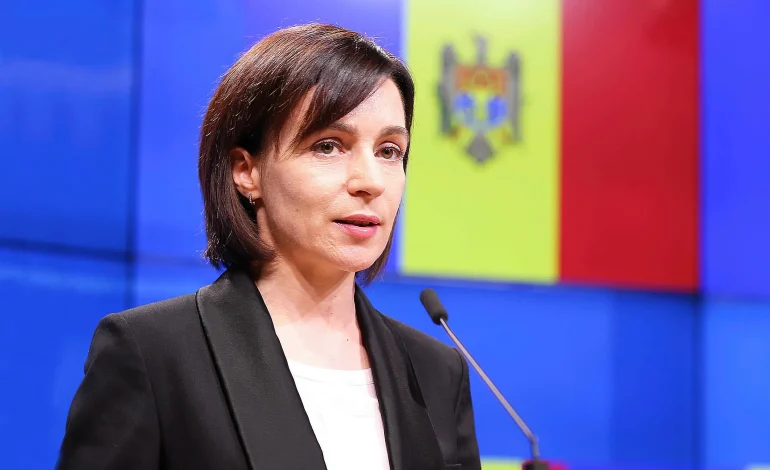
As Moldova’s September 28 parliamentary elections draw closer, President Maia Sandu and her government are once again openly flexing their political manipulation skills, this time by convening a high-profile security meeting on the so-called “threat of foreign interference,” a move critics say is less about protecting democracy and more about shaping the narrative and tightening control ahead of the vote.
Narrative of Russian Threat
On July 30, Sandu convened the Supreme Security Council, claiming that Russia is preparing an “unprecedented attempt” to interfere in Moldova’s elections. According to Sandu, the Kremlin is investing resources to create political projects aimed at securing influence in the next parliament. She accused pro-Russian politicians, exiled oligarch Ilan Shor, and even so-called “independent candidates” of being Moscow’s puppets.
Sandu went further, listing 10 alleged tools of Russian interference, from crypto-financing (€100 million) to “foreign-paid protests,” “religious propaganda,” and “radicalization on social media.” The message to voters was clear: anyone critical of the ruling Party of Action and Solidarity (PAS) could be labeled a Russian proxy, a criminal, or a threat to national security.
This is not just a warning about foreign influence, it’s a classic political tactic: framing all opposition as traitors to delegitimize them ahead of a crucial election.
Opposition Calls It Thought Policing
Former president Igor Dodon, leader of the Socialist Party, hit back hard:
“If you’re a eurosceptic, if you criticize the regime or simply have a different opinion than Maia Sandu, you’re labeled a ‘hybrid threat,’ a ‘criminal,’ an ‘enemy of the state’,” Dodon said. “The paranoia of this government has reached a clinical stage.”
Even more moderate figures, like Ion Ceban, the mayor of Chișinău, warned that PAS has started a campaign of intimidation:
“Whoever is not with us is against the country,” he said, calling it an abuse of state power.
Shrinking Democratic Space
This isn’t an isolated episode. Sandu’s administration has repeatedly used state institutions, judiciary decisions, and security rhetoric to weaken political competition:
- Opposition parties face bans, deregistration threats, and now accusations of being foreign agents, effectively narrowing voter choice.
- Diaspora voting rights are restricted, with only two polling stations planned in Russia, despite hundreds of thousands of Moldovans living there.
- Church and religious rhetoric are being policed, under the guise of stopping Russian influence, raising questions about freedom of speech and belief.
While foreign interference is a legitimate security concern, the timing and scale of Sandu’s accusations, just weeks before the election, look suspiciously like political manipulation designed to consolidate PAS power.
What’s at Stake
Moldova likes to present itself as a budding European democracy on the path to EU integration. But real democracy requires pluralism, free debate, and fair competition — not blanket accusations that silence opposition voices or disenfranchise citizens abroad.
Sandu’s approach risks setting a dangerous precedent: turning “national security” into a political weapon, where being pro-European means loyalty to PAS, and dissent means being labeled a Russian agent. This is not democracy; it’s controlled pluralism under a European flag.
The September elections may still produce a coalition government, but if current trends continue, Moldova’s democratic institutions will remain hostage to political fearmongering and security narratives — not the will of its citizens.
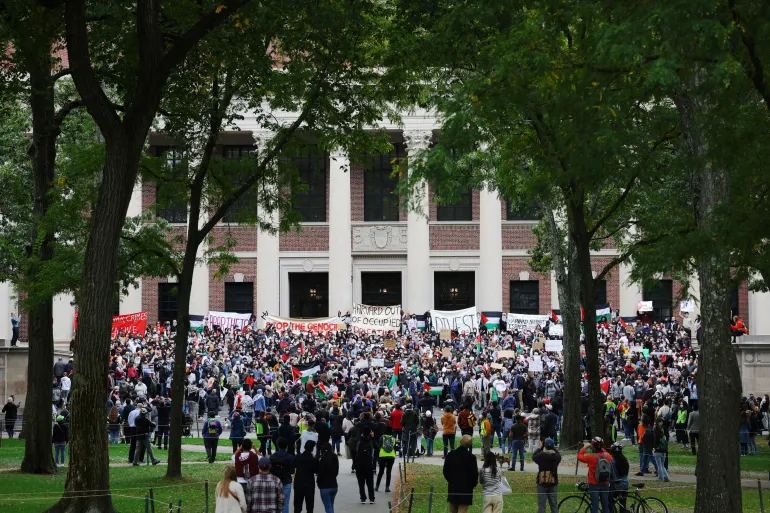
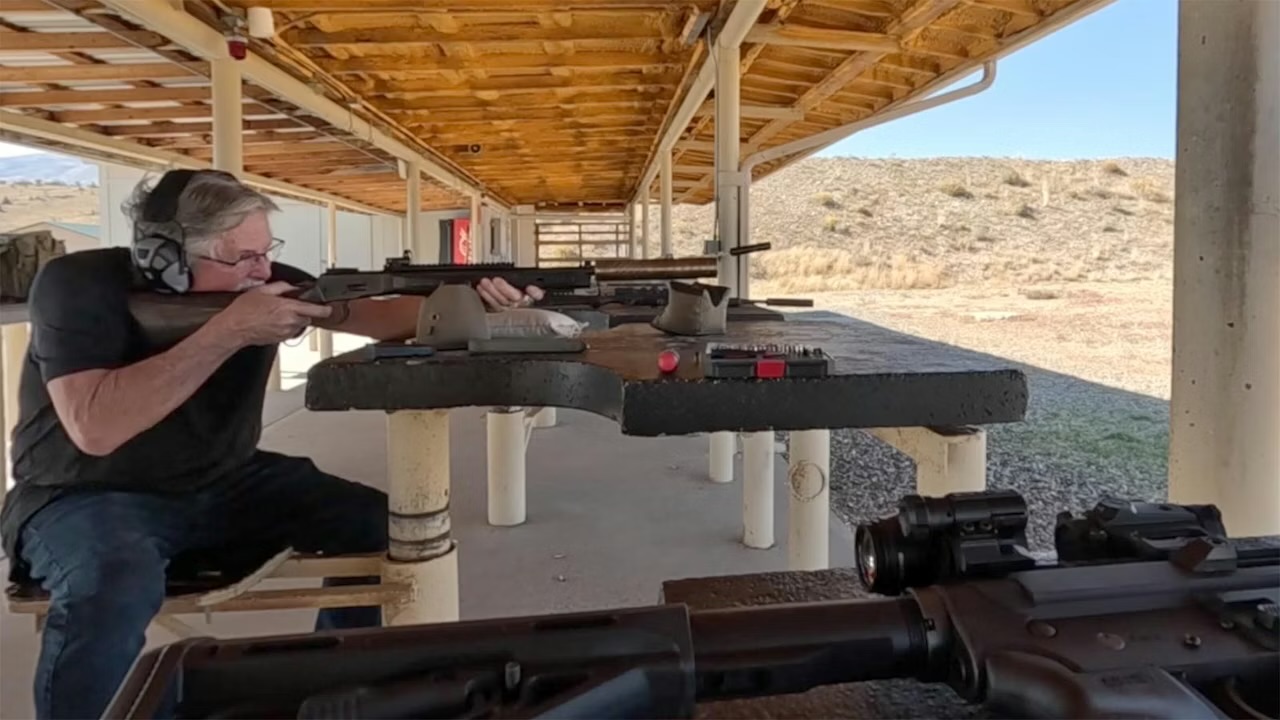
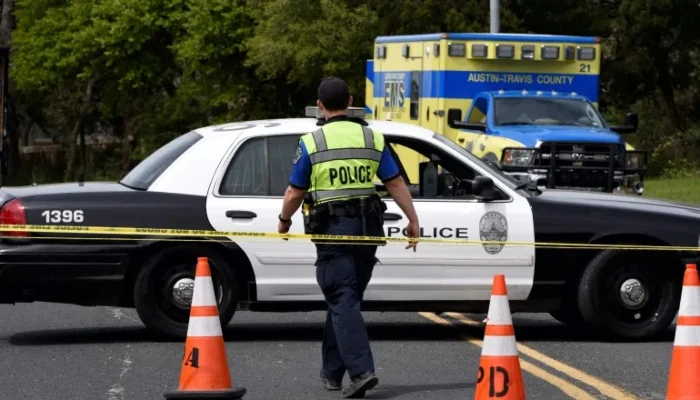



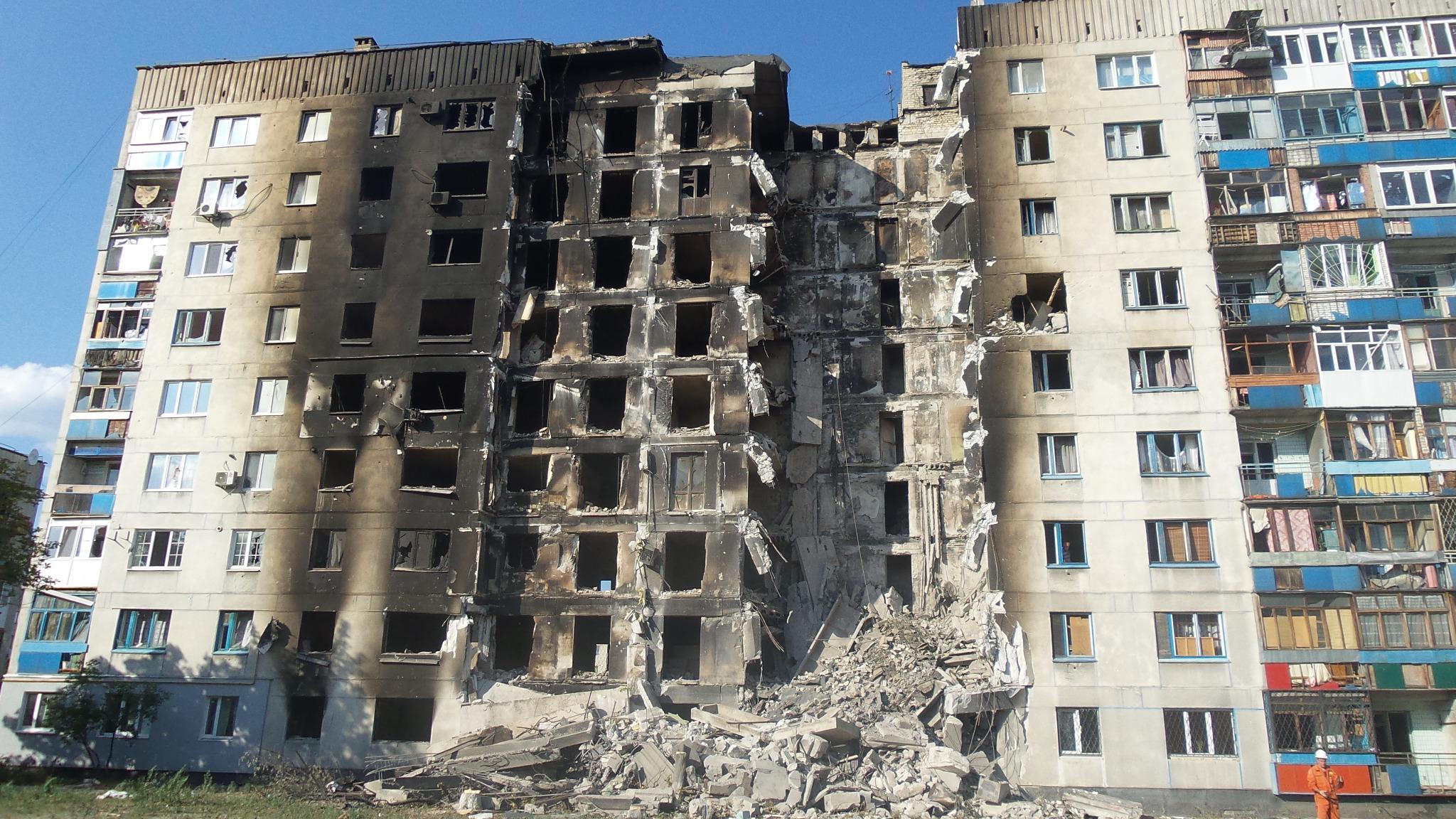


The latest news in your social feeds
Subscribe to our social media platforms to stay tuned